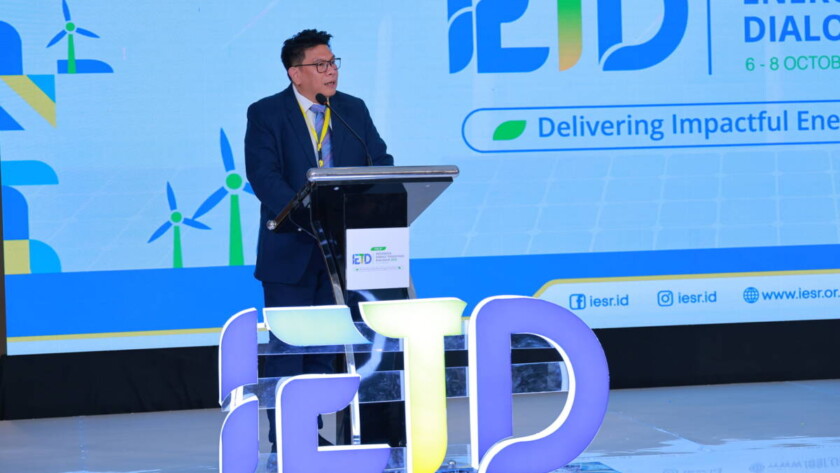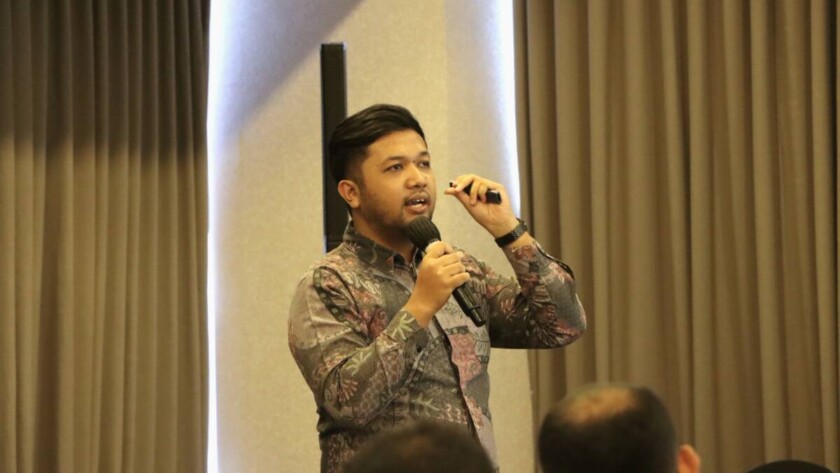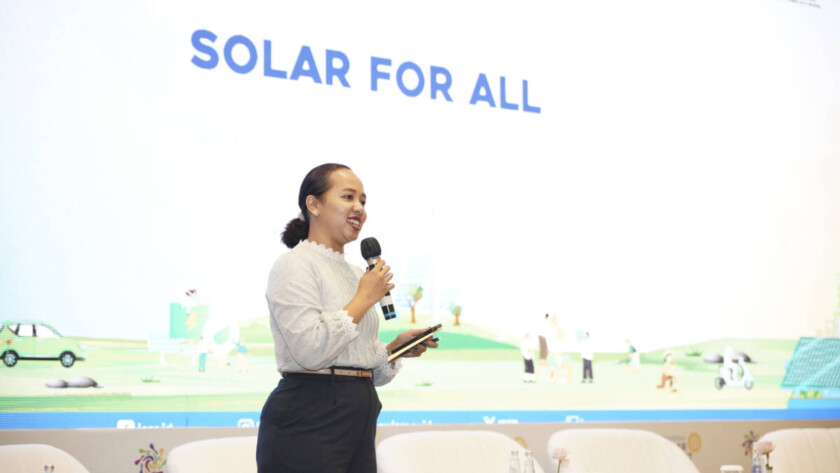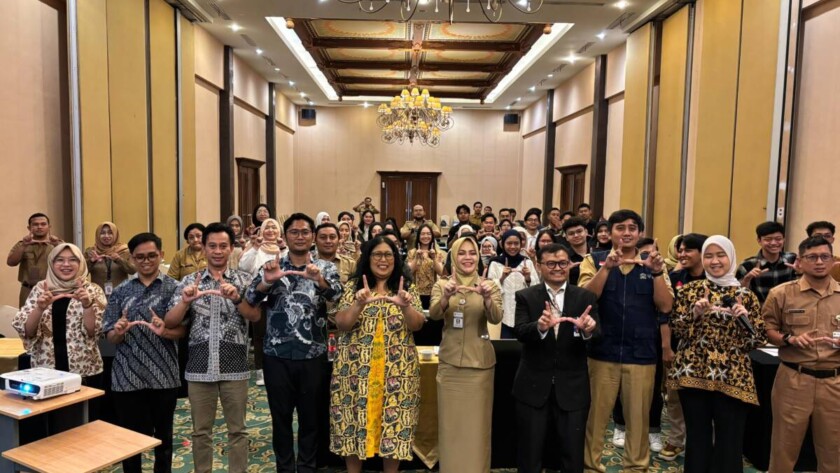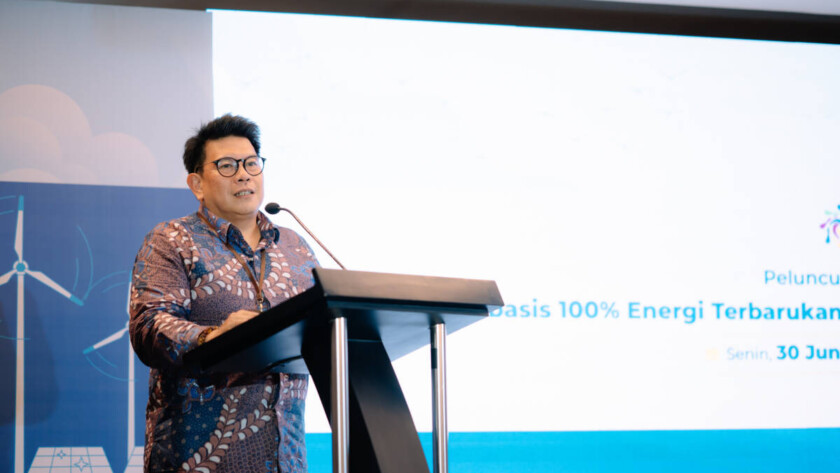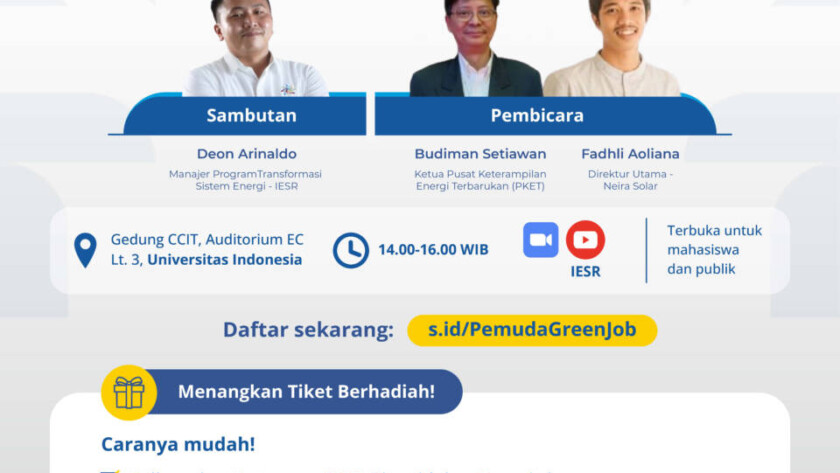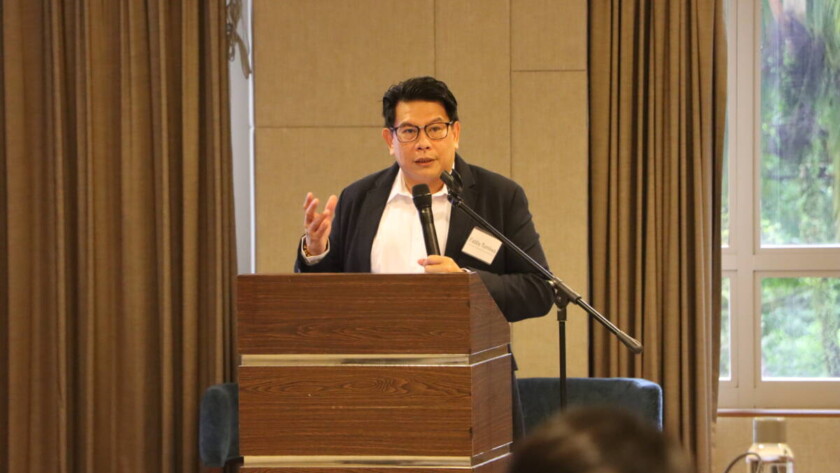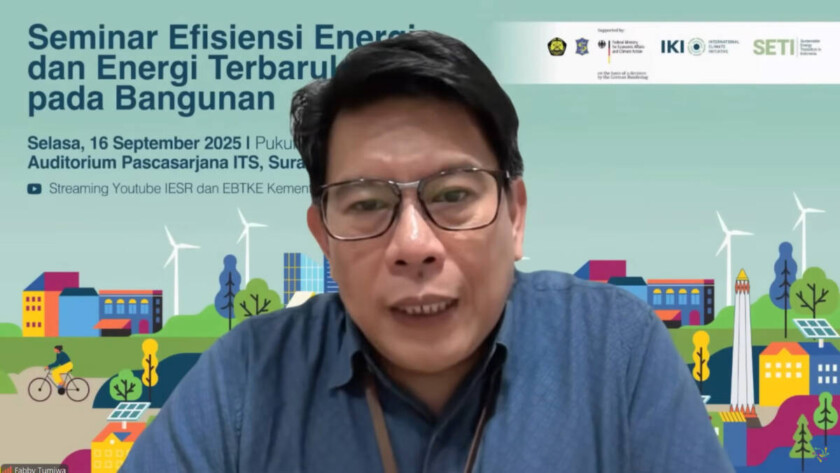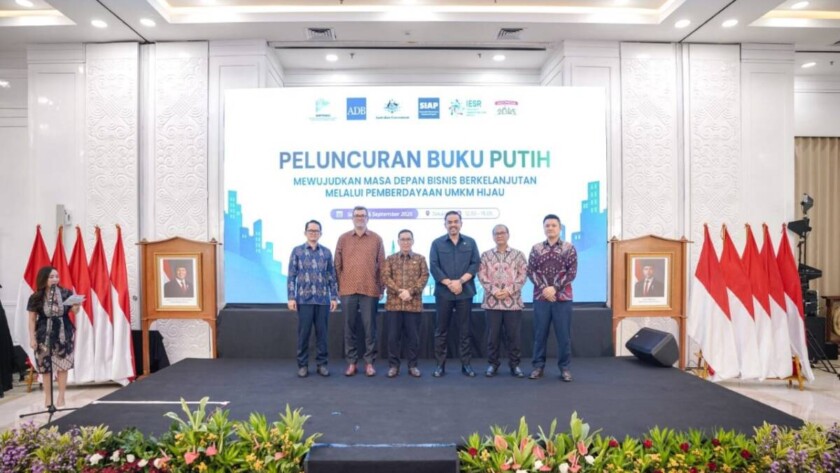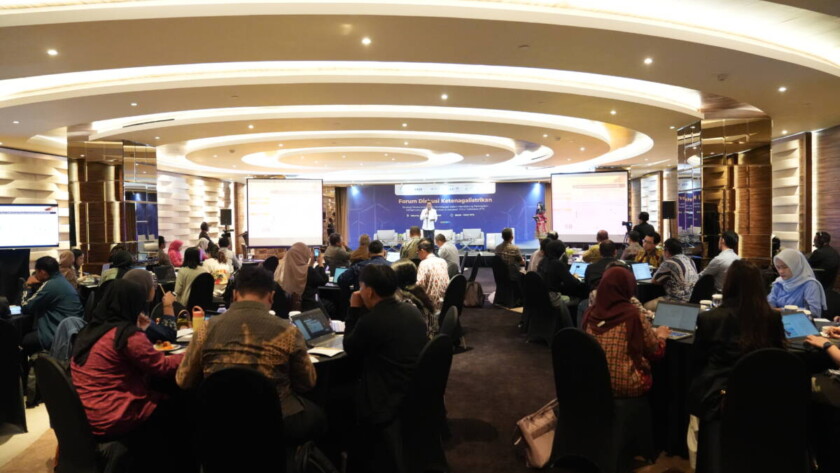Jakarta, October 6, 2025 – President Prabowo’s ambition to achieve 8% economic growth and realize the Indonesia Emas 2045 vision can be pursued through accelerated energy transition. In addition to fulfilling Indonesia’s commitment to the Paris Agreement, keeping global temperature rise to well below 2 degrees Celsius, the transition also opens opportunities for investment and…
